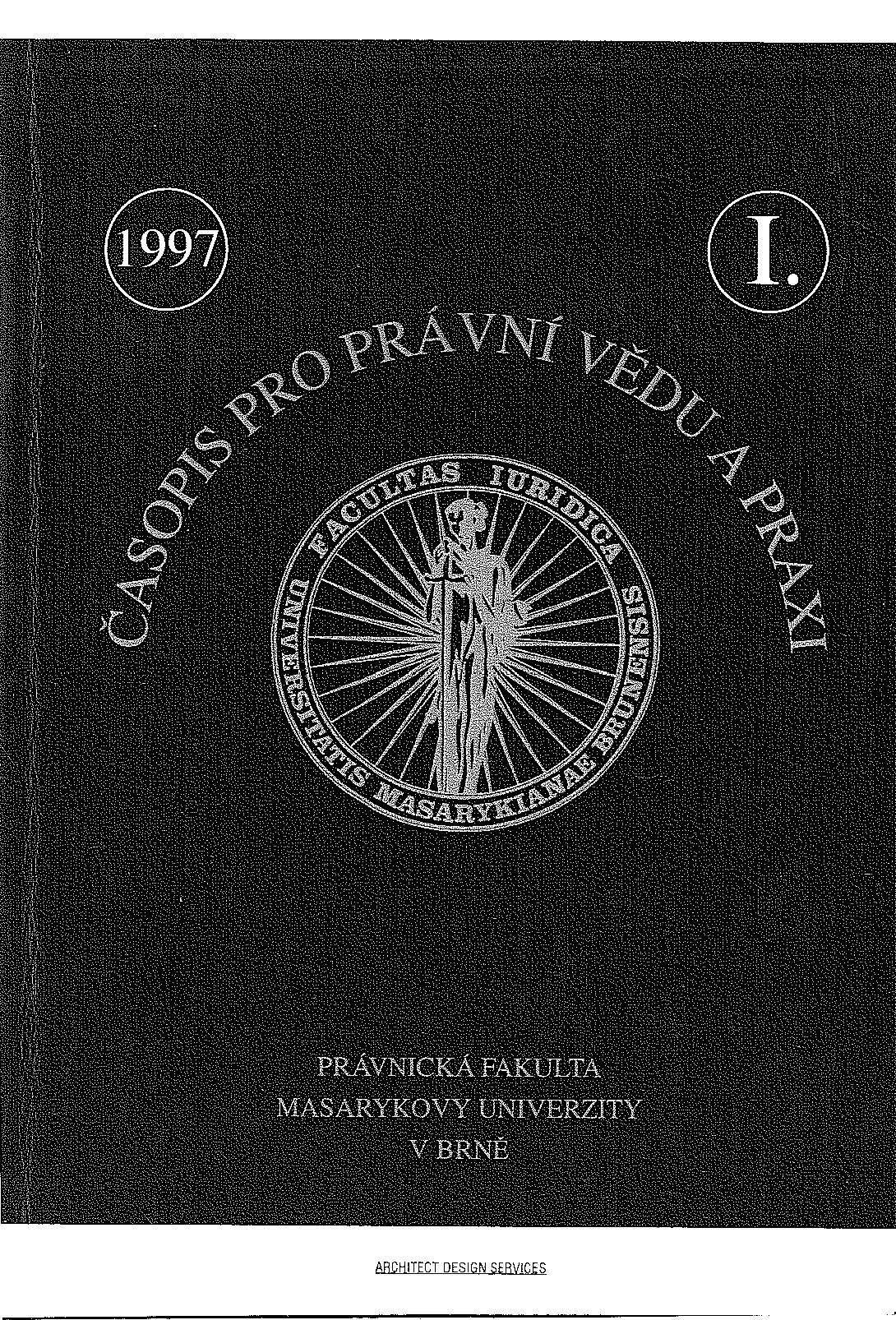Fenomén moci a jeho všudypřítomnost
The phenomenon of power and its omnipresence
Author(s): Zdeněk KapitánSubject(s): Social Philosophy, Political Theory, Governance, Political behavior, Sociology of Politics, Philosophy of Law
Published by: Masarykova univerzita nakladatelství
Keywords: power; Machiavelli; Nietzsche; Foucault; authority; realism;
Summary/Abstract: The document explores the concept of power through the perspectives of Niccolò Machiavelli and Friedrich Nietzsche. It highlights Michel Foucault's view of power as an omnipresent phenomenon shaping human life. Machiavelli's approach to power is pragmatic, focusing on the ruler's ability to lead and achieve state goals, often through necessary evils. Nietzsche's concept of power, on the other hand, is more individualistic, emphasizing the will to power as a means of self-overcoming and creating new values. The analysis contrasts Machiavelli's political realism with Nietzsche's philosophical idealism, noting their shared belief in human potential and the importance of authority. Both philosophers are seen as controversial yet influential, with their ideas contributing to the broader understanding of power dynamics in society.
Journal: Časopis pro právní vědu a praxi
- Issue Year: 5/1997
- Issue No: 1
- Page Range: 129-138
- Page Count: 10
- Language: Czech

